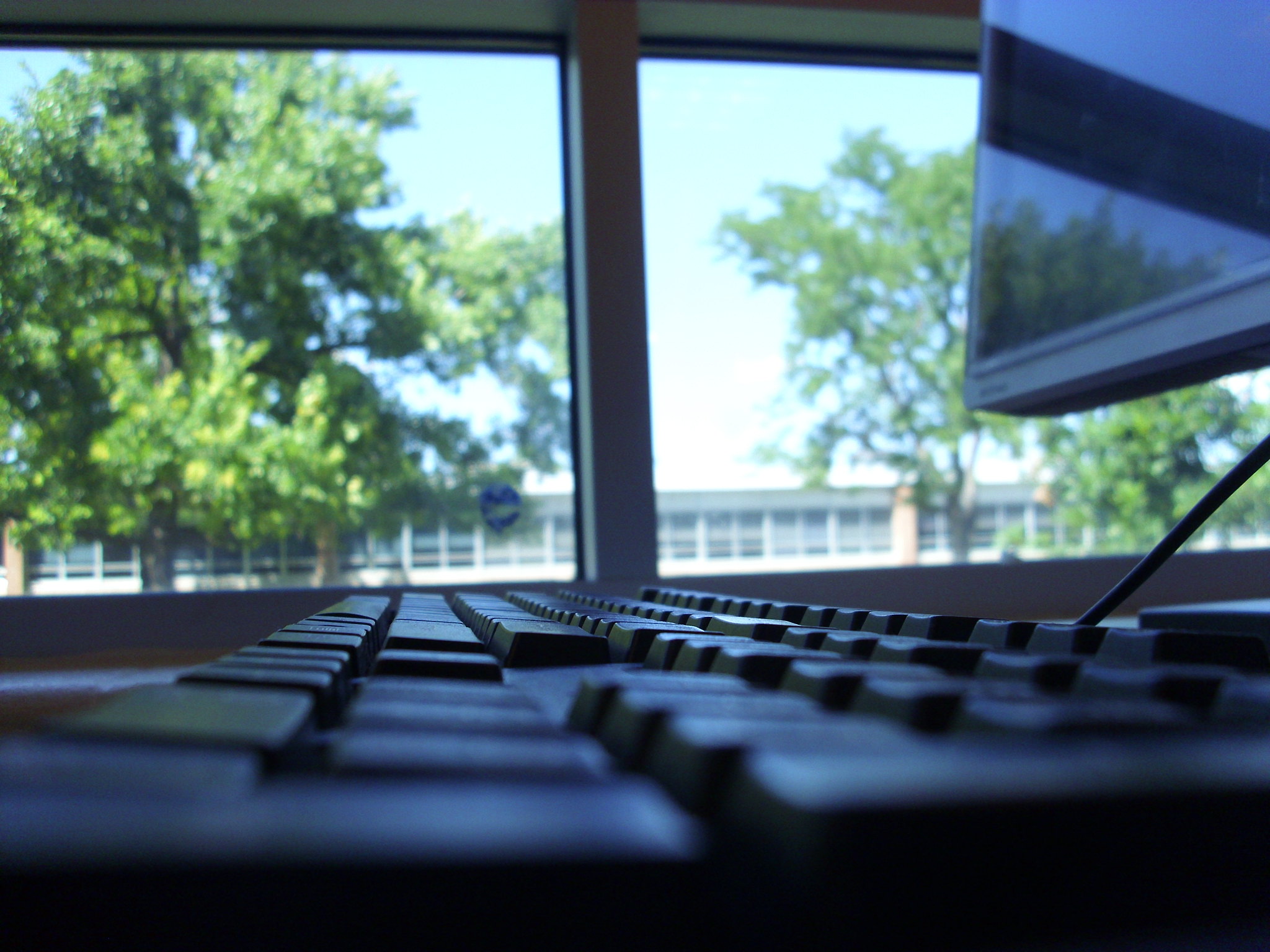My fingers traced the crack between each brick, feeling the uneven texture of granules and cement — something I have done when I am nervous since walking the hallways of elementary school. The July day was humid, and the sun beamed down with relentless heat and heavy humidity, making breathing a more conscious effort. Taking in as much breeze as we could and venturing to find shady places to stand, over 150 medical students collected — at a distance from one another with masks covering our faces — to commence our medical school journey as a new family.
None of us pictured beginning medical school in a pandemic. Most of us are still in shock we were admitted to medical school owing to severe imposter syndrome. Despite the exceedingly virtual nature of the fall semester — as of now, our only in-person activities are optional anatomy labs — we have hitherto made the most of this experience. Undeterred by the inability to partake in many in-person activities as a class, we are fostering meaningful relationships with our peers online and in person.
It is a well-known phenomenon that teamwork is absolutely crucial to being a physician who can provide the best quality of care to patients. When I applied to medical school in the first place, my pre-health advising office emphasized teamwork as one of the thirteen American Association of Medical Colleges (AAMC) core competencies of being a physician. Medicine is a team sport, and I do not just mean with other doctors. There is a network of hospital workers that range from doctors, nurses and physicians assistants to interpreters, dieticians and social workers, who all play a role in ensuring that our patients receive the best quality of care. The mentality of working together towards a common goal is imperative far beyond the walls of medical school.
Everyone brings a different knowledge base to the table, and when we all come together, we create an entity even more powerful than a summation of our separate parts. According to the American College of Physicians (ACP), teamwork is one of the most essential parts of medical school, not only in the pre-clinical setting but also in clinical rotations and internship. The ACP adds that it takes “humility, social skills and understanding to resolve conflict” between team members. In the pre-clinical years, this is important in study groups when there are many different ways of learning the large amounts of material to be learned. Training to improve those skills at the pre-clinical level will make teamwork far less foreign later in training and throughout our career. Finding the right people to study with and to learn from will ultimately make everyone involved successful.
However, with the rise of COVD-19, finding the right teams for pre-clinical years is not as easy as when we could all simply meet for a meal after class or go to a student-organization meeting.
Remember that humid July day? That was when my incoming medical school class recited the Hippocratic Oath and received white coats without families beside us. But we quickly realized that we did have something else — each other. Our new family that we started and continue to create day after day. Orientation week was filled with socially distant get-togethers, ice-breaker games and quiet moments to get to know each other on a deeper level. Despite the fact that after orientation our formal in-person meetups became fewer and further between, we used our foundation to catapult ourselves into the stream of teamwork absolutely critical to driving our medical school success.
After finishing my first course in medical school, I can easily say that we really are in this together, and the importance of teamwork in medical education has only been magnified. It is hard to believe that I just met some of my peers in the past several months, for it feels significantly longer. There is something to be said for persevering under an abnormal situation with a shared experience. We have turned walks in our housing development, journeys through nearby parks and study sessions with outdoor meal breaks into standard parts of our school lives. The bonds we form will remain in place long after our four years in medical school as we continue our friendships while pursuing careers in different specialties.
Admittedly, we did start ahead of the game by finding each other and building those support systems before school even began. One classmate, a very good friend of mine now, started hosting Zoom “happy hours” starting back in April, so we were virtually very familiar with each other. But there was something so different about orientation, seeing and waving to each other for the first time. We make jokes all the time now about how we are each taller or shorter than we thought after only meeting over Zoom for so long. We did not know who we would end up close with or who we would study the various porphyrias and trinucleotide-repeat disorders with for hours on end, but we did find each other and will continue to find what works best for us.
Like the beginning of any new step, the start of medical school was terrifying. The transition was made more difficult by not having the opportunity to sit in a lecture hall, take in the loads of information we need to learn, or eat lunch with each other before lab. However, with the capacity to connect safely, we were never alone and will not be alone as we face our challenging yet rewarding futures. We will be there to pick each other up when life gets tough and cheer each other on in the good times so that we can become the best physicians we can be.
Image credit: DSCI0448 (CC BY 2.0) by CoolKaius


